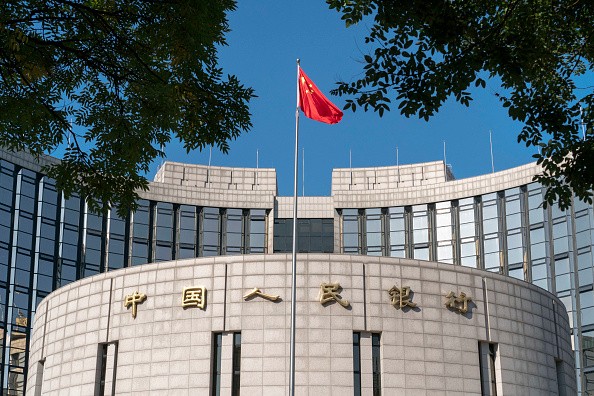The recent move of the People's Bank of China (PBOC) to raise the standing lending facility (SLF) short-term loan and reverse repurchase agreements (reverse repos) rates hints that the country is eyeing to have a neutral money policy, according to a report from the Global Times.
Veering away from a policy often regarded as a "loosening bias," experts argue that the measure is China's take on how to prevent financial risks and control market liquidity.The central bank announced the decision Friday on its website.
PBOC noted that the seven-day reverse repo rate will be increased by 10 basis points to 2.35 percent, while the 14-day reverse repos will be raised from 2.4 percent to 2.5 percent. The 28-day open market operations rate will also be incremented, from 2.55 percent to 2.65 percent.
"Reverse repo is a process in which a central bank purchases securities from banks with an agreement to sell them back in the future," the article said, emphasizing that it is a way of effectively preserving liquidity.
On the other hand, SLF short term loan rates are increased by 35 basis points. The objective is to help further tighten market liquidity as SLF is a a means of giving "short-term liquidity support to policy banks and commercial lenders."
In an interview with Zhongtai Securities chief economist Li Xunlei, the Global Times were told that "the 'loosening bias' policy [has] led to bubbles in the stock and property markets."
"In the past two years, economic policies tended to be loose in the first half of the year while tightened in the second half. For example, the central bank twice lowered required reserve ratio and interest rates from February to May 2015," Li revealed, pointing out that the recent move of PBOC "sent a signal to the market that China's monetary policy is shifting from a 'loosening bias' to a more neutral one."
Nonetheless, Liao Qun, chief economist of the China CITIC Bank in Hong Kong, stated that the measures can only be considered as slight adjustments in market liquidity.
"The central bank raised the rate to tighten liquidity as the fund need is declining after the Spring Festival. It is a short-term liquidity-oriented micro-adjustment move and should not be taken as a tightening of PBOC's monetary policy," he told the Global Times.
Despite arguments, experts remarked that the country will not push through with an interest rate hike cycle, citing that there are still challenges faced by the economy.
"The opportunity for the central bank to tighten monetary policy has not come because of uncertainties in exports, private investment and a cooling property market. . . . We can't take it for granted that the domestic economy will remain stable as it was last year," Liao enthused.
According to a forecast by Li, China's monetary policy will be a little tight for the first half of 2017 and will be loosened only in the latter half of the year.



























